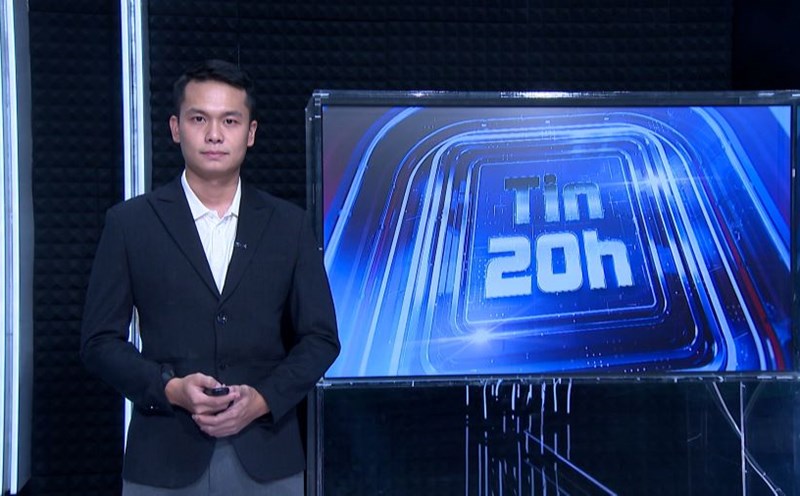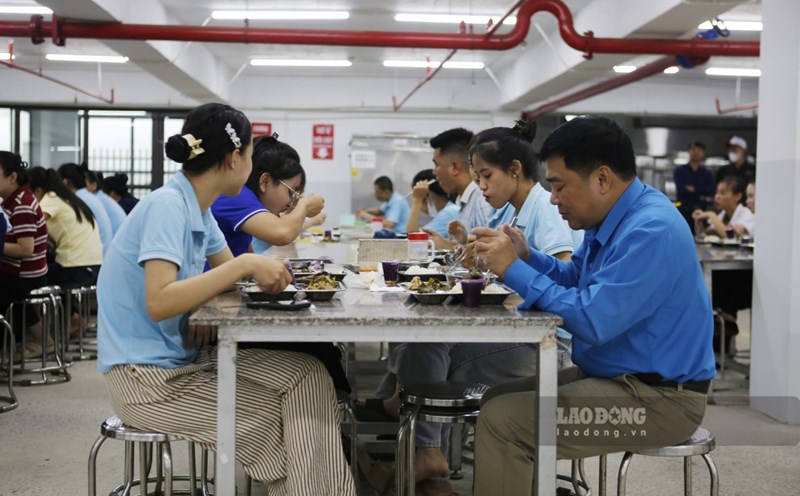Candidates do not have to convert their admission scores
candidates across the country are in the process of registering for university admission wishes (from July 16 to 5:00 p.m. on July 28).
On July 22, the Ministry of Education and Training announced the 7 common university admission combinations including: A00 (Math, Physics, Chemistry), A01 (Math, Physics, English), B00 (Math, Chemistry, Biology), C00 (Literature, History, Geography), D01 (Math, Literature, English), C01 (Math, Physics, Literature), D07 (Math, Chemistry, English).
Accordingly, candidates with 28.75 points in the A00 combination are determined to be equivalent to candidates with 28.25 points in the A01 combination and 27.5 in D01. Any major that is admitted through these three combinations must ensure that the admission opportunities of the candidate groups are the same.
The Ministry requires higher education institutions, if using their own exam scores such as competency assessment and thinking, to base on the classification of the exam organizer, thereby determining the appropriate combination for conversion.
However, according to the ministry, this is just a criterion for schools to refer to and build their own conversion formula. Other factors may be the main subjects of admission, the characteristics of the industry, the school and the learning results of students in the previous course.
Prof. Dr. Nguyen Ngoc Ha - Deputy Director of the Department of Quality Management (Ministry of Education and Training) - said that the concept of converting to the equivalent of admission score seems complicated, but in fact, this is a technical adjustment step using the theory of the test, to ensure fairness between admission combinations as well as between different admission methods.
Mr. Ha suggested that subject A is more difficult, with an average score of 5, compared to the average of subject B of 7. Thus, a student who scores 6 points in subject A (higher than the average of that subject) must be rated higher than a student who scores 6 points in subject B (lower than the average of that subject). But if we only add up the rough points, it will not show this difference, not show this difference.
Therefore, it is necessary to apply the theory of the test to determine the equivalent score between admission combinations in an objective and scientific way. Mr. Ha emphasized that candidates do not need to change their scores themselves, they only need to register their wishes on the general system; the conversion will be carried out by the Ministry of Education and Training and schools according to the instructions.
Strategy for selecting majors, schools and registering for admission wishes
According to the regulations of the Ministry of Education and Training, candidates will have to register their application for admission to the general admission system of the ministry. The virtual filtering software only records the highest wish that candidates are eligible for admission.
Based on this principle, Ms. Tran Thi Tho - a teacher at Hoang Van Thu High School (Hanoi) - especially noted that candidates should be careful to arrange their wishes. Students need to arrange according to their wishes from high to low, avoiding missing the opportunity to enter their favorite major.
To increase the chance of admission, Ms. Tho said that candidates divided their wishes into three groups. The first group is aspirations and dreams, including majors and schools that are favorite but have a slightly higher admission score than the exam scores.
The second group is moderate aspirations, including majors and schools that are suitable for actual academic performance and high admission potential. Finally, it is a reserve wish that majors and schools with lower admission scores than candidates' scores will ensure university admission if they fail the above wishes. Candidates should have at least 1-2 wishes in this group to proactively respond if the benchmark score increases.
Associate Professor, Dr. Nguyen Thanh Tung - Principal of CMC University - gave 3 notes for candidates in the process of choosing majors and schools.
First and most importantly, candidates need to determine what they want and which profession they are suitable for. Second, Mr. Tung advised candidates to learn and choose majors that are of interest to the State and invest in such as STEM, semiconductors, etc.
From now until 2030, our country aims to train 80,000 STEM engineers each year. Or the semiconductor industry, there is a training project for 50,000 bachelor's engineers. These are major strategies of the State that require high-quality human resources" - Mr. Tung analyzed.
Finally, candidates should choose schools and professions with academic and practical connections to narrow the gap with businesses. Schools that meet the criteria I have just mentioned should be given priority for weight. As for the group of schools with large crowds, parents want friends to register, students should only have a registration rate of 5% - Mr. Tung advised.











